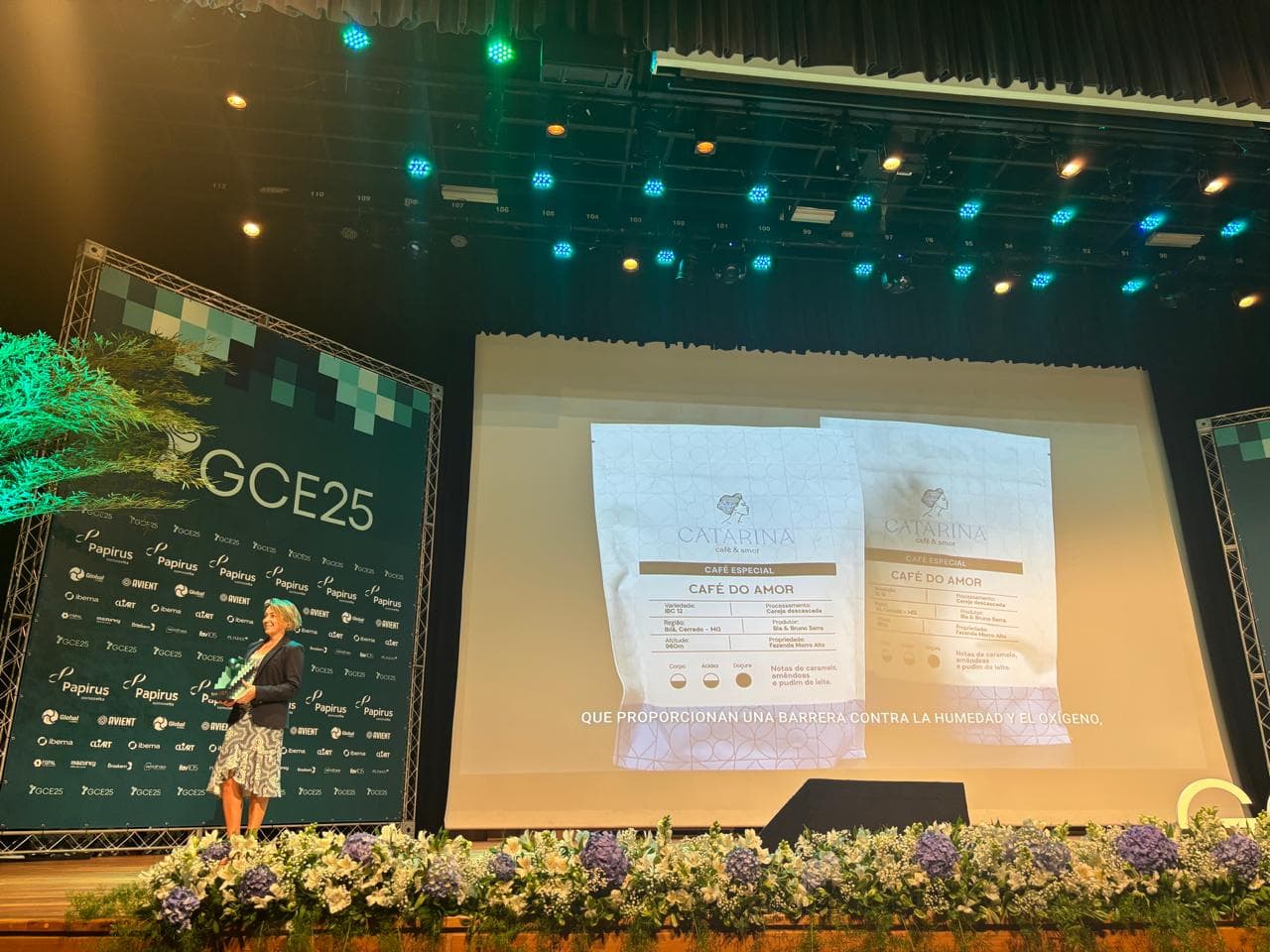
01/08/2024
The transformative role of women in the Circular Economy
*Isabela da Cruz Bonatto
When discussing the Circular Economy, a vital part of sustainability and an essential model for the global future, it is crucial to include a gender analysis. We need to understand aspects of our society that can drive this new model, recognizing and valuing the contributions of women in this process.
Therefore, we must recognize and celebrate the positive aspects that women bring to the table when we talk about sustainability and the Circular Economy!
Involvement in Recycling and the Informal Sector
In Brazil and Latin America, women play a significant role in the recycling sector and represent a substantial portion of workers in the informal recycling sector. They are often involved in collecting, sorting, and processing recyclable materials, contributing essentially to the recycling chain. Women make up approximately 90% of the workforce in the informal recycling sector, primarily working as recyclable material collectors.
Women's participation in the informal recycling sector is driven by several factors. In many cases, they find employment opportunities in this sector due to the lack of other formal job options, especially in urban and peripheral areas. Additionally, women often have organizational and teamwork skills that are valued in collecting and sorting recyclable materials.
Involvement in Sustainable Entrepreneurship
We can observe a growing trend of women entrepreneurs who are engaged in sustainable businesses worldwide, leading initiatives and businesses that promote sustainable and circular practices. This includes areas such as renewable energy, green technologies, sustainable fashion, organic farming, eco-friendly consumer products, among others.
Inclusion and Empowerment of Women
In many countries and communities, women face additional challenges in accessing education and economic opportunities. Programs like Women4Climate Tech Challenge, Women in Cleantech & Sustainability, Circular Women, Women's Environmental Network (WEN), and Women's Circular Economy Network (WCEN), which aim to empower women with skills relevant to the Circular Economy, can help promote economic inclusion and women's autonomy.
Women's Role in Sustainable Consumption
Women play a crucial role in educating and raising awareness about sustainable consumption and Circular Economy practices. Even if they are not professionally involved in a specific segment of the Circular Economy, they have the power to influence their families, friends, and communities to adopt more responsible behaviors regarding consumption and waste disposal, for example.
Women's Role in Leadership and Advocacy for Sustainable Practices and the Circular Economy
Women are at the forefront of social movements and NGOs advocating for sustainability and the Circular Economy. It is not uncommon to find women leading awareness campaigns, organizing protests, and pressing for political and corporate changes that promote sustainable practices and environmental justice. Likewise, women in government leadership positions and non-governmental organizations (NGOs) play a significant role in promoting sustainable policies.
Female advocacy can also be observed at the international level. Women frequently participate in international conferences and forums to discuss environmental and Circular Economy issues, facilitating global collaborations for a more sustainable future. They contribute to shaping political agendas and promoting international cooperation on environmental issues.
To Reflect and Conclude
Given the multifaceted role of women in the Circular Economy and their impact at various levels, it is essential to consider relevant individual sociodemographic characteristics when analyzing this issue. While there is some evidence about the gender relationship with the Circular Economy, it is crucial to recognize women's involvement in this sector through concrete data and more in-depth research.
Therefore, I leave here my encouragement and wish for more studies that comprehensively explore the connections between the macro-level context and individual-level differences in views on sustainability and the Circular Economy between men and women. This helps us better understand how the context shapes gender differentiation in the perception of environmental problems, thus contributing to advancing towards a more equitable and sustainable society.
*Isabela da Cruz Bonatto
Ambassador of the Circular Movement. She holds a PhD and MSc in Environmental Engineering from the Federal University of Santa Catarina. She has an MBA in Environmental Management from the Federal University of Paraná, and a Bachelor's and Teaching degree in Biology (PUCPR and UTFPR). She is a socio-environmental consultant, with an emphasis on solid waste management, promotion of the Circular Economy, and corporate sustainability. She has experience with government, private, community sectors, NGOs, and international institutions (UNEP). She has lived in Kenya since 2021, is a board member of the "Together for Better" Foundation, and promotes Circular Economy and women's empowerment initiatives.

